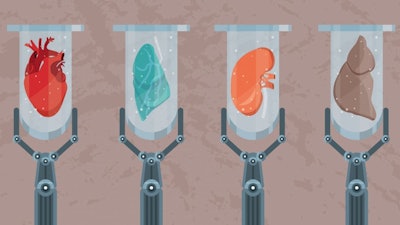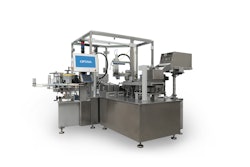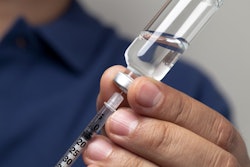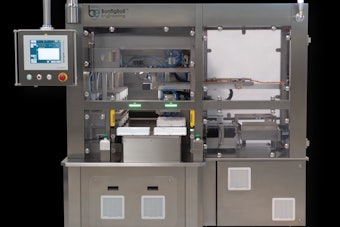
One of the risks associated with organ transplants is the likelihood of rejection from the body and the triggering of an immune response to attack the “foreign” object. However, a recent Israel21c article discussed a new method that uses a patient’s own stomach cells to generate an organ that ensures proper regeneration of the defected organ.
The researchers extract a small fatty tissue biopsy from the patient and then separate it into cellular and a-cellular materials. The cellular components can be reprogrammed to become induced pluripotent stem cells capable of producing any cell or tissue necessary for the body to repair itself. The extracellular components are processed into a personalized hydrogel that won’t initiate an immune response. The team is working on regenerating an injured spinal cord and an infarcted heart and plans to expand their work to include intestines and eyes.






















